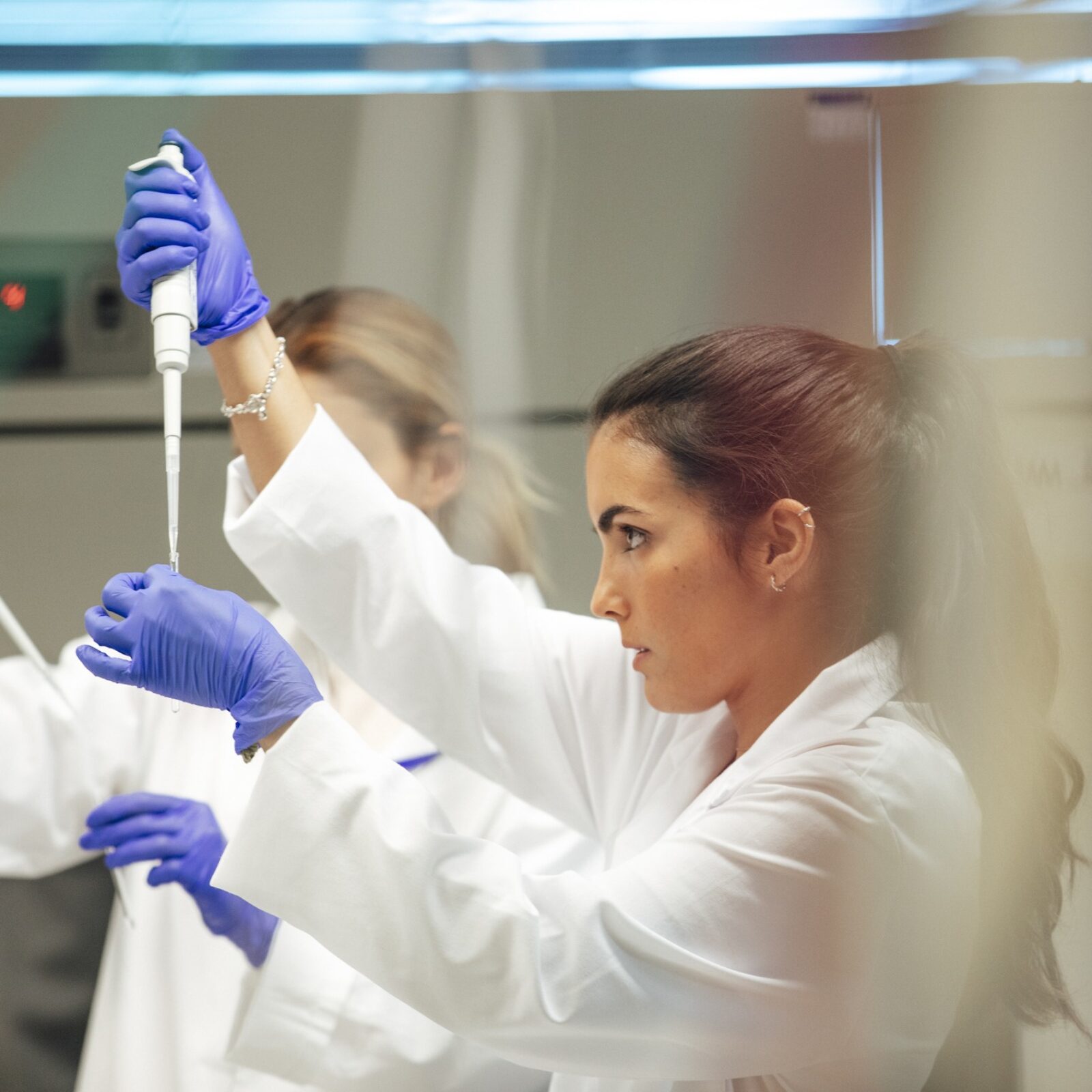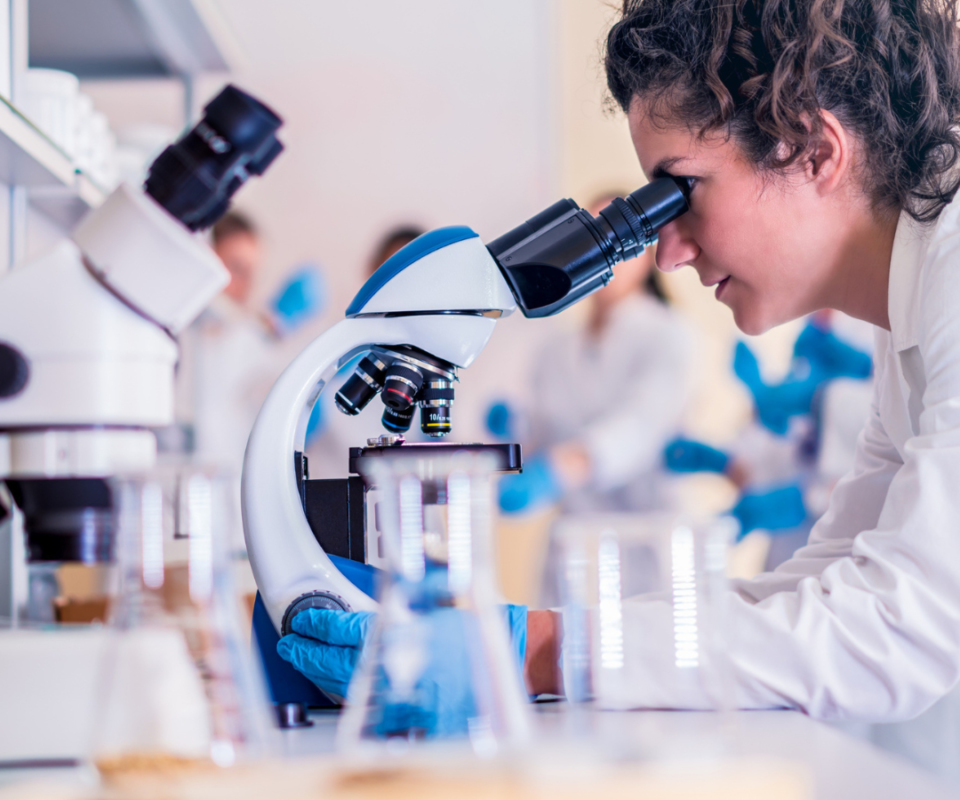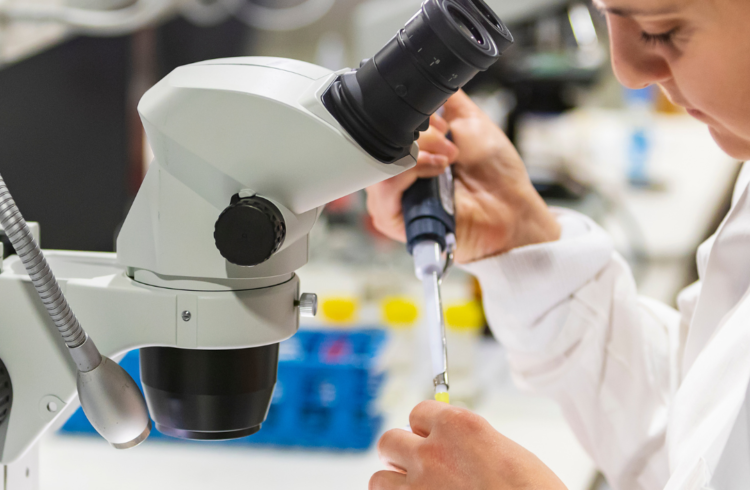A team of researchers from the Nutrition and Microbiome Laboratory at the CHUM Research Centre has published two recent scientific papers that provide a better understanding of the complex relationship between nutrition and bacteria that promote the development of colorectal cancer.
Patients with colorectal cancer have an increase in pathogens in their intestinal microbiota, such as the bacterium polykétide synthase-positives (pks+), which can produce a genotoxin that induces breaks in DNA and mutations. These mutations increase the chances of developing colorectal cancer.
Manon Oliero, PhD student and first author of these papers, and her colleagues, including the Institute’s research member, Manuela Santos, first analysed fecal samples from more than 150 people: the first group with colorectal cancer and the second group with healthy people.
The results surprised the research group, with 46% of people with colorectal cancer being colonized by pks+ bacteria and 42% of healthy samples being colonized. These similar levels have raised other questions about how to control the growth of these bacteria and the secretion of the toxin responsible for mutations.
As other factors come into play in the development of cancer such as the environment and diet, the scientists looked at the role of Inuline, a dietary fiber present in dietary supplements, that could control the growth of bacteria producing genotoxins.
Following a study using an animal model, Oliero, Santos and the group of scientists found that despite the beneficial effects of Inuline, under certain circumstances, as is the case with colonization by pks+ bacteria, the effects can be deleterious. In other words, the researchers noted that prebiotics increased the spread of the bacteria and accelerated the development of colorectal cancer in the mouse model.
It is important to remember that the microbial composition of the intestine is different for every human. Therefore, it is normal for the diet to vary according to each person’s needs. However, these scientific articles raise some questions about the consumption of certain dietary supplements to compensate for an unbalanced diet and the unregulated sale of these supplements.
To read the article Prevalence of pks+bacteria and enterotoxigenic Bacteroides fragilis in patients with colorectal cancer publié dans Gut Pathogens, please visit here.
To read Inulin impacts tumorigenesis promotion by colibactin-producing Escherichia coli in ApcMin/+ mice publié dans Frontiers in Microbiology, click here.
Other news

Subscribe to our newsletter




